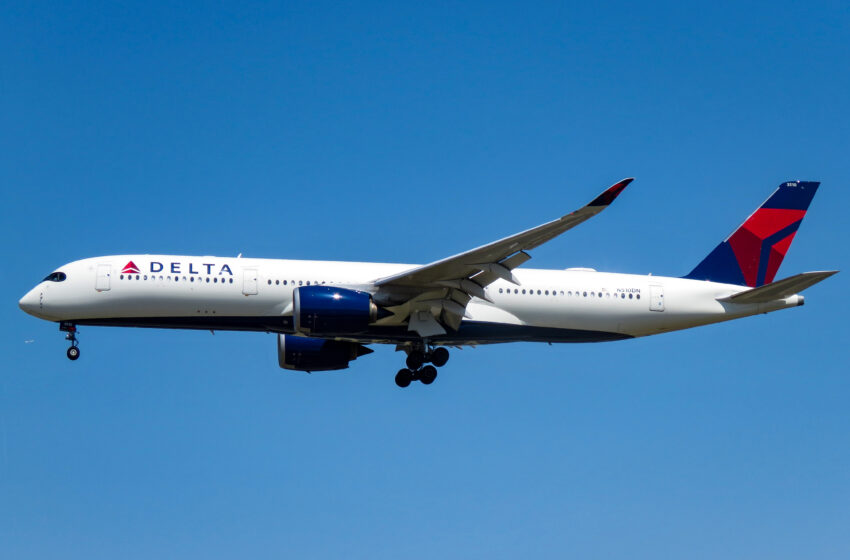Delta Air Lines and AI allegations: What you should know

Delta Air Lines. Picture: Wikipedia
Delta Air Lines is under scrutiny following growing concerns over AI-driven personalized pricing, which critics argue could lead to inflated ticket prices for unsuspecting travelers. The debate, which has sparked a wave of online backlash and media coverage, centers around whether Delta, and other major airlines, are using artificial intelligence to manipulate airfare pricing based on individual consumer behavior.
While Delta Air Lines has publicly denied using such AI-based systems, industry experts say the technology is increasingly being deployed by companies across sectors to maximize profits through algorithmic pricing strategies.
What Sparked the Controversy?
The controversy gained traction after a series of reports, including one from Bloomberg on August 4, revealed how AI is capable of analyzing a user’s location, device type, browsing history, and even past purchases to adjust airfare prices in real-time. Although the practice of dynamic pricing isn’t new, the idea of personalized pricing, where two users searching for the same flight see different prices, has caused alarm.
The backlash intensified when Delta was named as one of the airlines allegedly using such techniques, raising ethical concerns about transparency and fairness in airfare pricing.
Delta’s Official Response to AI Pricing Allegations
In response to public outcry and media inquiries, Delta Air Lines has denied the use of AI to inflate ticket prices based on individual user profiles. A spokesperson for the airline clarified that while Delta uses pricing technology to adjust fares based on demand and other market factors, it does not use AI to target or personalize prices based on user identity.
“We do not utilize personalization of ticket prices based on customer data,” the company stated, emphasizing that its pricing model is demand-driven and not tailored by AI algorithms to exploit consumers.
The Role of AI in Personalized Pricing
While Delta distances itself from the claims, AI-powered personalized pricing is already embedded across many industries, including e-commerce, ride-hailing apps, and insurance. These systems collect vast amounts of data to predict how much a particular customer is willing to pay, then adjust the price accordingly.
According to PBS NewsHour, consumers may be unaware that their online behaviors, such as the type of device used or their ZIP code, could impact the final price they’re offered, especially for goods and services like flights.
This raises important questions about digital ethics, data privacy, and consumer protections in a rapidly evolving marketplace.
READ ALSO
Delta co‑pilot arrested at SFO after dramatic cockpit raid…here is why
How Consumers Can Protect Themselves
As algorithmic pricing continues to evolve, experts suggest a few practical steps consumers can take:
- Use incognito or private browsing when searching for flights
- Clear cookies or use a VPN to avoid location-based pricing
- Compare prices across devices and browsers
- Book early to avoid last-minute dynamic fare hikes
While these steps may not eliminate pricing disparities, they can reduce the impact of potentially discriminatory algorithms.
What This Means for the Future of Airline Pricing
The Delta AI pricing allegation underscores a broader trend in the aviation industry where technology is reshaping how prices are set, often in ways that are invisible to consumers. While Delta may not currently use AI for personalized pricing, the increasing reliance on automated systems for revenue management suggests that transparency and regulation will be key moving forward.
With public pressure mounting, this issue could spark further investigation into how airlines, and other industries, utilize artificial intelligence in pricing strategies.

